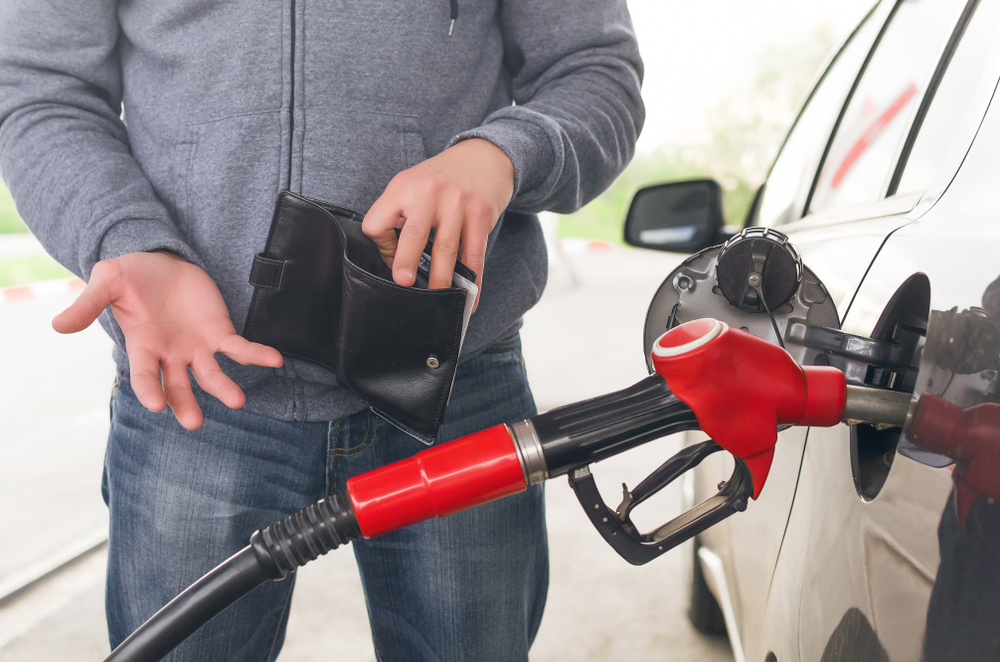It’s no secret that accidents can occur at any time, anywhere, and to anyone. The best way to protect yourself against accidents is by practicing safe habits and daily living. Safe habits include taking care of your health, practicing good driving, and even practicing self-care! Below are some of the best tips to follow for a safer, everyday life.
Reduce Alcohol Intake
Alcohol might be safe to drink for the occasional cocktail. However, it’s important to reduce alcohol intake as much as possible. Alcohol has the potential to become addictive, and it can also lead to poor health such as increased blood pressure and risk of cardiovascular disease.
If you consume more than one drink a day, such as more than two beers or more than a single shot, consider cutting back for improved health benefits. If you feel you’re struggling with substances such as drugs and alcohol, seek help through inpatient or outpatient treatment services. These services can help you get the treatment you need if you are dependent on drugs and alcohol.
Increase Daily Exercise Time
Exercise is one of the most important aspects of daily living. Exercise can help reduce stress levels, improve your health, and improve your overall mood. However, it’s estimated that less than 5% of adults get the recommended 30 minutes of daily exercise needed to stay healthy. Only a third of adults receive the recommended amount of physical activity each week.
If you find it difficult to stick to an exercise routine, consider picking up a physical activity hobby that’s easy to implement. For instance, if you struggle to go to the gym, you can ride your bike around your neighborhood or go on a power walk. Alternatively, you can also try to incorporate exercise into your daily work routine. For instance, if you work at an office or at home, consider using a standing desk and a walking pad. Anything that gets your body moving can help.
Practice Good Oral Hygiene
Did you know that over 46% of American adults have advanced gum disease, according to the Journal of Periodontology? Gum disease is just one of the many negative side effects of not engaging in proper oral hygiene. Oral hygiene can help prevent inflammation, pain, and advanced tooth loss later on in life.
If you don’t already, make sure to brush your teeth at least twice a day, and possibly after every meal. You should also try to floss in between meals, following the old adage ‘Floss the teeth you want to keep.’ Flossing, brushing, and using mouthwash can help improve your smile and oral hygiene, and even prevent you from suffering from gum disease later on.
Practice Meditation
Meditation is one of the best ways to reduce stress, improve focus, and improve mental clarity. Meditation is fairly easy to accomplish, requiring only around 15 to 30 minutes a day to help reset your mind. However, you can also practice meditation anywhere you are, whether at home, work, or school.
To practice meditation in an emergency, use breathing techniques to slow down your breathing and reduce your body’s fight or flight response. Breathing and muscle relaxation techniques can help reduce stress and improve overall health.
Always Drive Defensively
While you might be a safe driver, others on the road might not be. Always remain on the offensive when on the road, and practice safe driving techniques such as checking your mirrors, leaving an open bubble around you for an easy escape route, and driving according to weather conditions.
It’s also a good idea to refrain from engaging in drinking while driving. In California, the legal limit for blood alcohol concentration is 0.08%. This concentration is fairly low, showing just how easy it can be to drive under the influence unexpectedly. Practice safe driving and protect yourself on the road.
Follow these tips so you can remain safe every day. These tips can help prevent an accident, improve your health, and allow you to feel and look your best.






